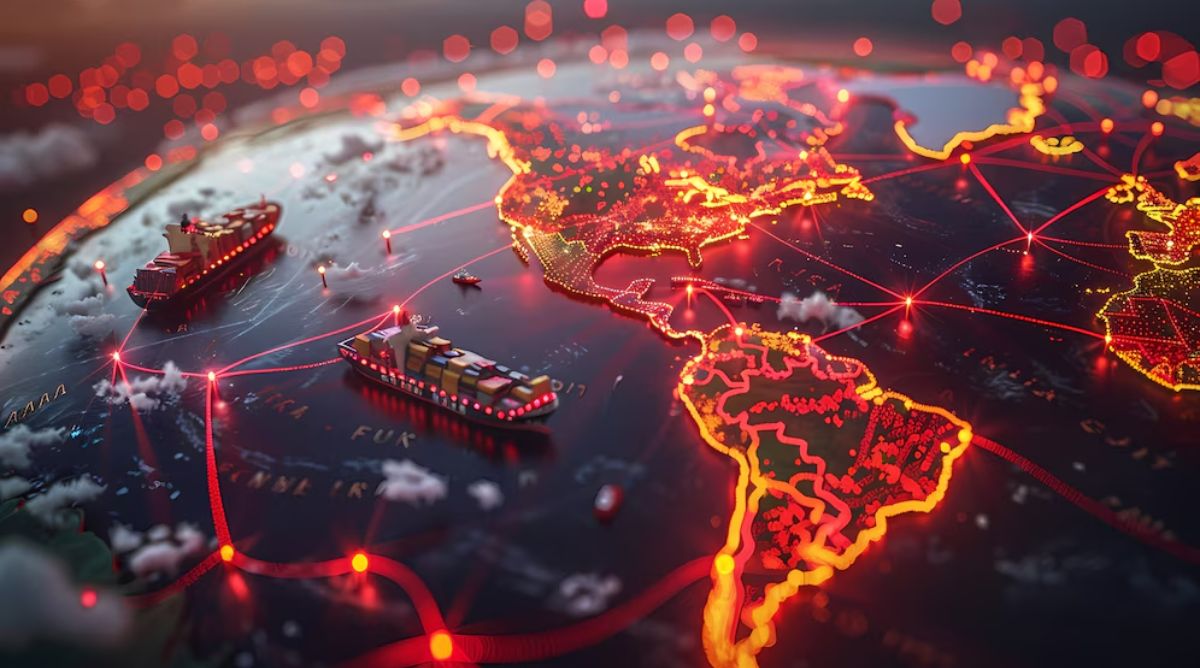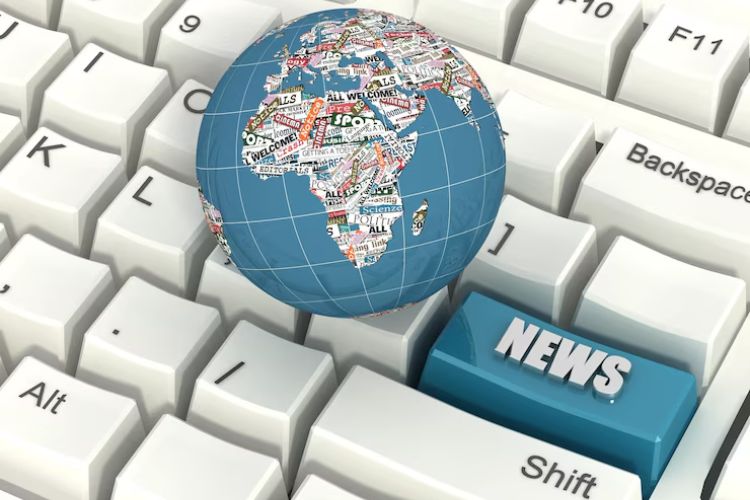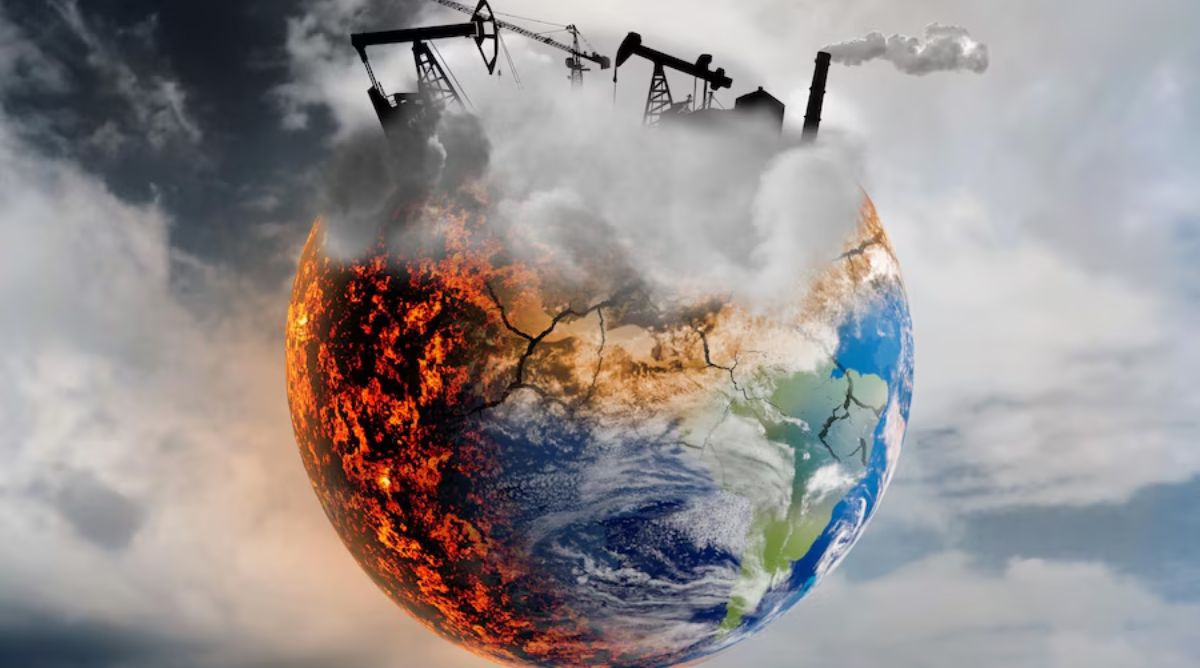Geopolitical tensions in Asia-Pacific have become a central focus for global leaders and policymakers. Nine Nine News explores the growing influence of regional disputes, military escalations, and economic shifts affecting the stability of this vital area.
The Asia-Pacific region is a hub for geopolitical struggles, where economic giants and neighboring countries compete for dominance. The ongoing tensions have serious implications for trade, security, and diplomatic relations across the world.
Key Factors Fueling Geopolitical Tensions in Asia-Pacific
The rivalry between China and the U.S. plays a significant role in escalating geopolitical tensions in Asia-Pacific. Trade wars, military posturing, and differing policies on international cooperation have raised concerns about global stability.
Regional Flashpoints: South China Sea and Taiwan
The South China Sea remains one of the most contested areas, where territorial disputes involve China, the Philippines, Vietnam, and others. Taiwan’s sovereignty continues to provoke heated discussions, especially between China and the United States.
Economic Impact of Geopolitical Tensions on Trade Routes
As geopolitical tensions in Asia-Pacific rise, key international trade routes face disruptions. The region’s strategic maritime lanes are essential for global commerce, and any conflict could severely affect the flow of goods and services.
The Role of Military Alliances and Defense Strategy
Regional powers like Japan, South Korea, and India are strengthening defense ties in response to geopolitical tensions in Asia-Pacific. Military alliances are evolving, with countries seeking to ensure their security against a backdrop of unpredictable international relations.
Diplomatic Efforts and International Interventions
Efforts to mediate peace and reduce geopolitical tensions in Asia-Pacific are ongoing through international organizations like the United Nations. Diplomatic channels remain open, although challenges persist in reaching consensus on critical issues.
FAQs:
Q1.What are the main causes of geopolitical tensions in Asia-Pacific?
A:The key causes include territorial disputes, military build-ups, trade conflicts, and national security concerns, particularly involving China, the U.S., and regional countries.
Q2.How do geopolitical tensions in Asia-Pacific affect global trade?
A:Increased tensions disrupt critical shipping lanes, create uncertainties in trade agreements, and lead to higher costs for businesses reliant on these routes.
Q3.What role does the South China Sea play in Asia-Pacific tensions?
A:The South China Sea is a major flashpoint due to overlapping territorial claims by multiple countries, impacting regional security and international trade routes.
Q4.How are countries in Asia-Pacific responding to rising tensions?
A:Nations are strengthening military alliances, engaging in defense cooperation, and bolstering diplomatic relations to ensure their national security and regional stability.
Q5.Can diplomatic efforts reduce geopolitical tensions in Asia-Pacific?
A:Diplomatic efforts play a crucial role, but achieving lasting peace requires cooperation between major powers and addressing underlying issues like territorial disputes and military escalations.
Conclusion:
Geopolitical tensions in Asia-Pacific continue to shape the region’s future, with significant implications for global trade, security, and diplomacy. As nations navigate these challenges, it’s clear that the outcome will impact the world for decades to come.




